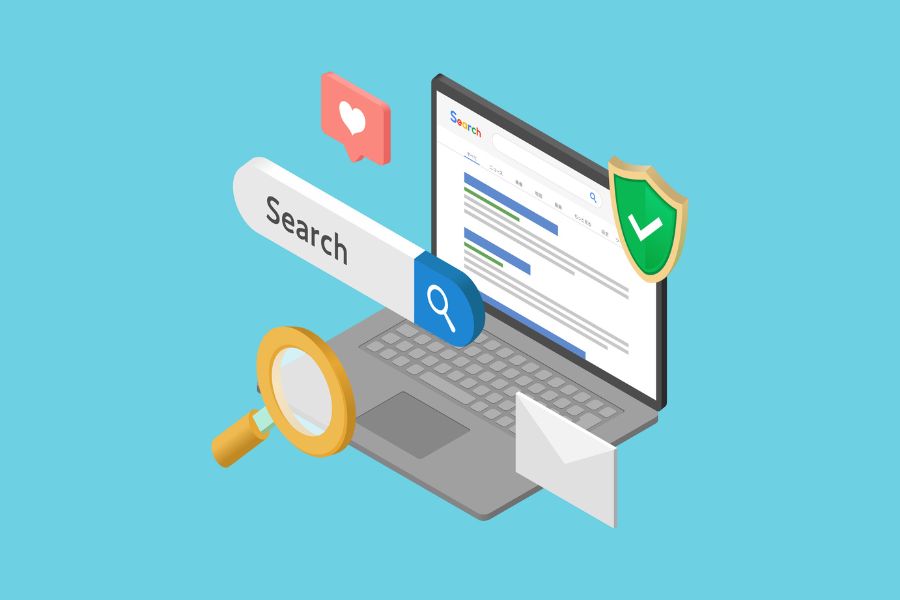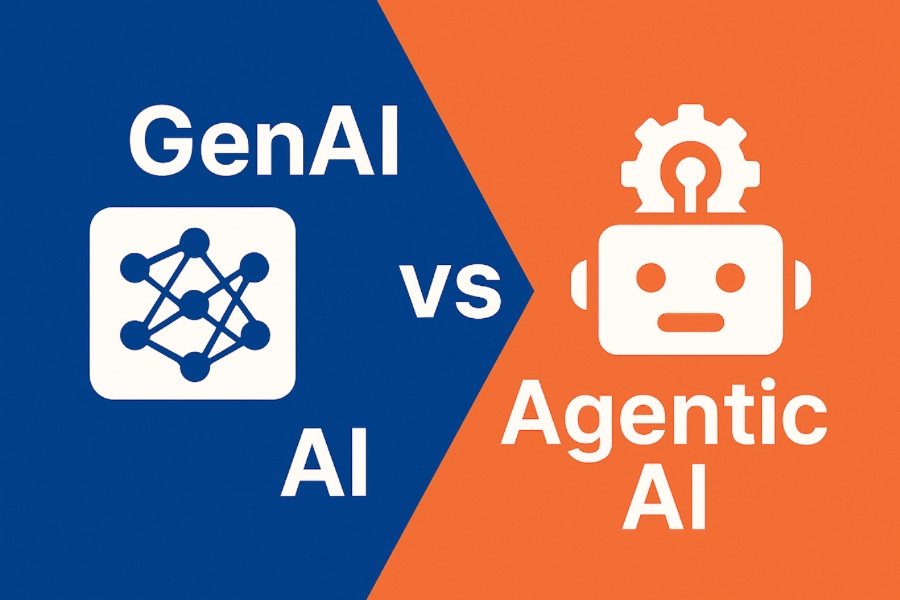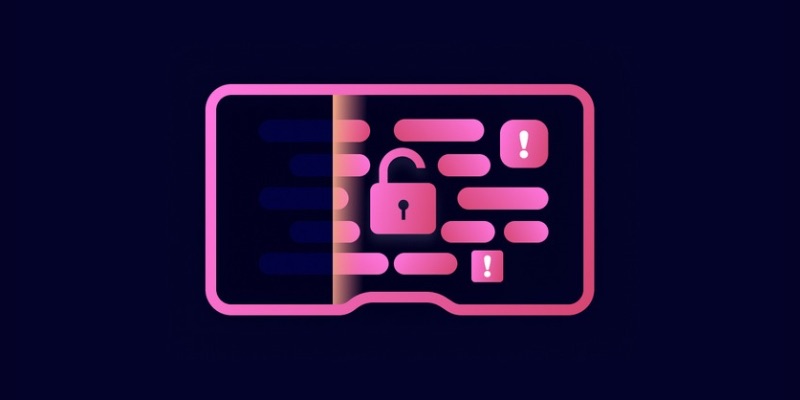AI is not expected to replace cybersecurity jobs in 2023. Instead, AI is seen as a tool to augment cybersecurity professionals’ capabilities and improve overall security posture.
14. Is cyber security harder than coding?
Comparing cybersecurity and coding is challenging as they are distinct disciplines. Cybersecurity protects digital systems and data from unauthorized access, while coding focuses on software development and programming.
15. What will cyber security look like in 10 years?
The future of cybersecurity will likely involve advancements in AI, machine learning, automation, and improved collaboration between humans and technology to combat increasingly sophisticated cyber threats.
16. What are the seven types of cyber security?
The seven types of cybersecurity are network security, application security, endpoint security, data security, identity and access management, cloud security, and IoT security.
17. What is the future of cybersecurity?
The future of cybersecurity involves more advanced threat intelligence, increased automation and AI-driven defenses, improved collaboration between organizations, and a focus on securing emerging technologies.
18. What is the cybersecurity prediction for 2025?
The cybersecurity prediction for 2025 is that cyber-attacks will become more sophisticated and widespread, necessitating stronger cybersecurity measures and increased investment in security technologies.
19. Does cybersecurity require coding?
Cybersecurity requires coding skills to some extent, as understanding programming languages and scripting can be beneficial for tasks such as vulnerability analysis, developing security tools, and analyzing.
20. Is cybersecurity a hard job?
Cybersecurity can be challenging due to the constantly evolving threat landscape and the need for continuous learning and staying updated with the latest technologies and techniques.
21. What do 80% of cyber attacks involve?
Approximately 80% of cyber attacks involve some form of phishing or social engineering techniques, where attackers manipulate individuals to gain unauthorized access or extract sensitive information.
22. What are the top 4 cyber-attacks?
The top four common types of cyber attacks are phishing attacks, malware infections, ransomware attacks, and distributed denial-of-service (DDoS) attacks.
23. Are cyber attacks rare?
No, cyberattacks are not rare. They occur regularly and have become increasingly common due to the growing reliance on digital technologies and interconnected systems.
24. Can I become an ethical hacker at 40?
Age is not a barrier to becoming an ethical hacker. With dedication, continuous learning, and practical experience, individuals of any age can acquire the skills and knowledge required to become an ethical hacker.
25. How old are hackers usually?
Hackers can vary in age. They can range from teenagers to seasoned professionals. The age of hackers depends on their individual interests, experiences, and dedication to the field.
26. Am I too old to be an ethical hacker?
No, age is not a limiting factor to becoming an ethical hacker. If you have the curiosity, willingness to learn, and dedication to acquire the necessary skills, you can pursue a career in ethical hacking.
27. What age are most cyber criminals?
The age range of cyber criminals varies, but studies have shown that a significant portion of cyber criminals fall within the age range of 18 to 35. However, it is important to note that cybercrime can be committed by individuals of any age.
28. Why is it called Dark Age?
The term “Dark Age” is often used metaphorically to refer to periods in history characterized by a lack of knowledge, enlightenment, or advancement. In the context of cybersecurity, the “cyber dark age” may refer to a hypothetical future where cyber attacks become increasingly pervasive and damaging.
29.What is ethics in the cyber age?
Ethics in the cyber age refers to the principles and guidelines that govern ethical behavior and responsible use of technology and information in the digital era. It involves promoting privacy, security, transparency, and respecting the rights of individuals in cyberspace.
30. Is the SOC analyst stressful?
Working as a Security Operations Center (SOC) analyst can be stressful due to the nature of the job, which involves continuously monitoring and responding to security incidents and potential threats.
31. What is the hardest cybersecurity job?
Different cybersecurity roles can be challenging in their ways, but some of the most demanding positions include cybersecurity consultant, penetration tester, and incident response manager.
32. Is cybersecurity a desk job?
Cybersecurity roles can involve desk work, collaboration with colleagues, and hands-on tasks such as testing and analyzing security systems. The nature of the job can vary depending on the specific role and organization.
33. Is cybersecurity a good career?
Yes, cybersecurity is considered a promising and in-demand career path. The increasing frequency and impact of cyber threats have created a growing demand for skilled cybersecurity professionals, offering opportunities for career growth and job security.
34. What will AI be in 2050?
Predicting the precise advancements of AI in 2050 is challenging. Still, AI is expected to continue to evolve and play a significant role in various industries, including cybersecurity, healthcare, transportation, and more.
35. Will AI take over by 2030?
Predicting whether AI will take over all aspects of human life by 2030 is difficult. While AI is advancing rapidly, human involvement and decision-making will still be essential in many areas, including cybersecurity. AI is more likely to augment human capabilities rather than completely replace them.
>36. Should I learn C or C++ for cybersecurity?
Learning C and C++ can benefit certain cybersecurity aspects, such as reverse engineering and vulnerability analysis. However, the choice of programming language depends on specific areas of interest and job requirements. It’s also advisable to have a strong foundation in a high-level language like Python.
37. Should I learn Python or cybersecurity?
Learning Python is highly recommended for cybersecurity professionals. Python is widely used in the field for tasks such as scripting, automation, data analysis, and developing security tools. It offers a good balance between simplicity and power, making it a valuable skill in cybersecurity.
38. Should I learn Python or C++ for cybersecurity?
Python and C++ are used in cybersecurity, but Python is generally more popular and widely applicable in various cybersecurity domains. It is recommended to start with Python for its versatility and then explore C++ if needed for specific tasks.
40. How much will cybersecurity spend in 2023?
Global cybersecurity spending is projected to reach several hundred billion dollars in 2023, reflecting the increasing importance of cybersecurity in mitigating threats and protecting digital assets.
41. What are the 3 A’s of cybersecurity?
The three A’s of cybersecurity are Authentication, Authorization, and Accounting. These principles encompass verifying user identities, granting appropriate access privileges, and maintaining a record of system activities for accountability.
42. What are the five pillars of cybersecurity?
The five pillars of cybersecurity are:
Identify: Understand and identify assets, vulnerabilities, and potential threats.
Protect: Implement measures to safeguard systems and data.
Detect: Continuously monitor and detect any security incidents or breaches.
Respond: Develop and execute a response plan to mitigate and recover from security incidents.
Recover: Restore systems and processes to normal after a security incident and learn from the experience to improve future resilience.
43. What are the 5Cs of cybersecurity?
The concept of the 5 C’s of cybersecurity is not widely recognized. However, it could refer to principles such as Confidentiality, Integrity, Availability, Compliance, and Continuity, which are fundamental to effective cybersecurity practices.
44. What is the prediction for cybersecurity in 2024?
Specific predictions for cybersecurity in 2024 may vary. Still, it is anticipated that cyber threats will continue to evolve, necessitating stronger defense mechanisms, increased investment in cybersecurity, and greater collaboration between organizations and governments to address emerging challenges.
45. Can cybersecurity be self-taught?
Yes, cybersecurity can be self-taught to a certain extent. Numerous online resources, courses, and hands-on practice opportunities are available for individuals interested in learning cybersecurity. However, formal education and certifications can also provide a structured and comprehensive understanding of the field. You need to practice a lot.
46. What is the cybersecurity trend for 2023?
Cybersecurity trend for 2023: The cybersecurity trend for 2023 is expected to focus on emerging technologies such as artificial intelligence, machine learning, and blockchain to enhance threat detection and response capabilities.
These questions range from basic inquiries about the importance of strong passwords to more complex topics like securing cloud data. This data highlights the significant interest and concern surrounding cyber security and the need for reliable information. As we navigate the complex world of online threats, let’s explore these questions together, providing insights, guidance, and empowering individuals and businesses to protect themselves in an increasingly digital landscape. Stay informed and enhance your knowledge to protect yourself and your organization from online threats.




























